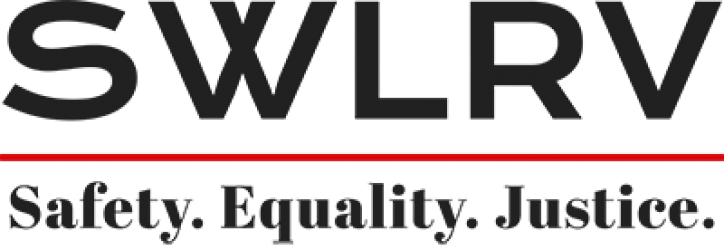Sex Work Has Been Decriminalised in New Zealand since 2003, in NSW since 1995, and in the NT since 2019: Why Can’t We Simply Do the Same Things They Did?
For a start, there is no point comparing Victoria to New Zealand. New Zealand isn’t divided into states or territories like Australia; it’s one country, one jurisdiction, with two sets of laws – national laws and two types of local government.
Adopting a general version of decriminalisation à la New Zealand wouldn’t work, either, for other reasons – an important one being that NZ’s Prostitution Reform Act includes legislation that criminalises certain types of migrant workers. We don’t want to see anything like that introduced here.
Sex work will still be regulated after the removal of criminal laws pertaining to the industry, mostly by local council and business regulations covering occupational health and safety, work conditions, financial procedures, building, advertising, zoning planning and so on. These differ in detail across each Australian state, so the Northern Territory or the New South Wales models of decriminalisation cannot be simply cut and pasted into Victorian law.
We do know what folks in decriminalised New South Wales think of Victoria’s current licensing model of sex work regulation:
- ‘the registration of sex workers provides the potential for a lifetime of stigma for sex workers, many of whom work in the industry for only a small part of their lives.’
- Medical experts consider the registration of sex workers would probably have negative public health outcomes;
- Registration of sex workers is not otherwise justified by the small benefits to be derived from such a system.’
This quote, from 2015, comes from the NSW Select Committee on the Regulation of Brothels. We agree.
Decriminalisation isn’t as easy as simply repealing the 1994 Sex Work Act, either, because sex work is also regulated by other laws, the breach of which attract criminal penalties, such as The Environmental Protection Act and the Public Health Act. On top of that, as things stand now, responsibility for governing sex work doesn’t lie solely with Victoria Police – four other regulatory bodies are also responsible: Consumer Affairs, Worksafe Victoria, the Department of Health and Human Services and local government.
All these elements – how to regulate the sex industry and who will be responsible for what – will need to be figured out post decriminalisation.
Like they say: It’s complicated.

